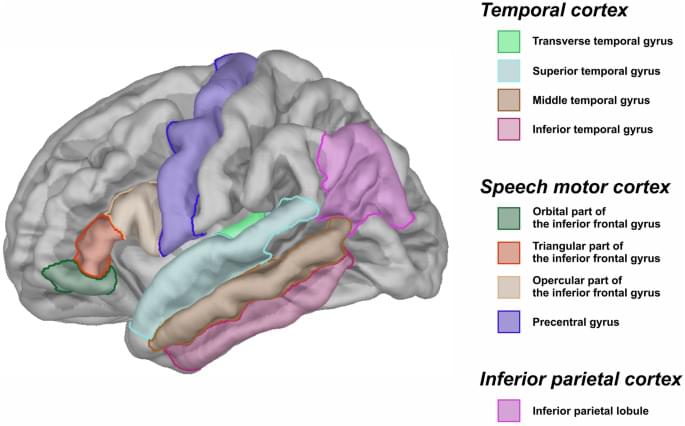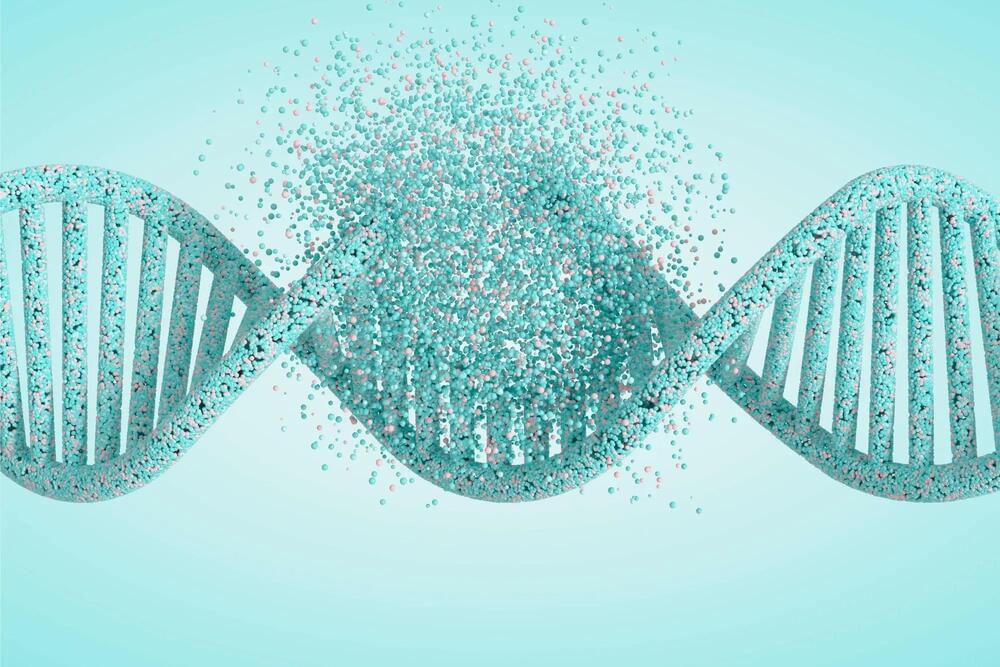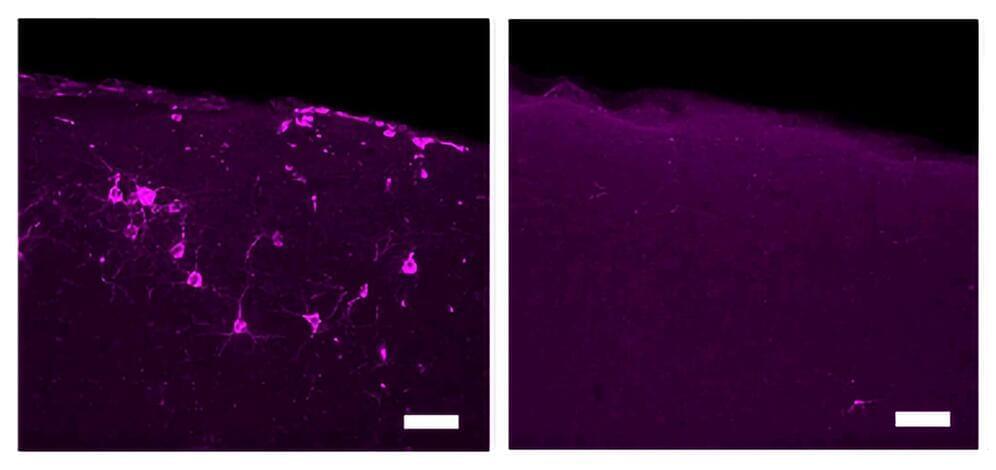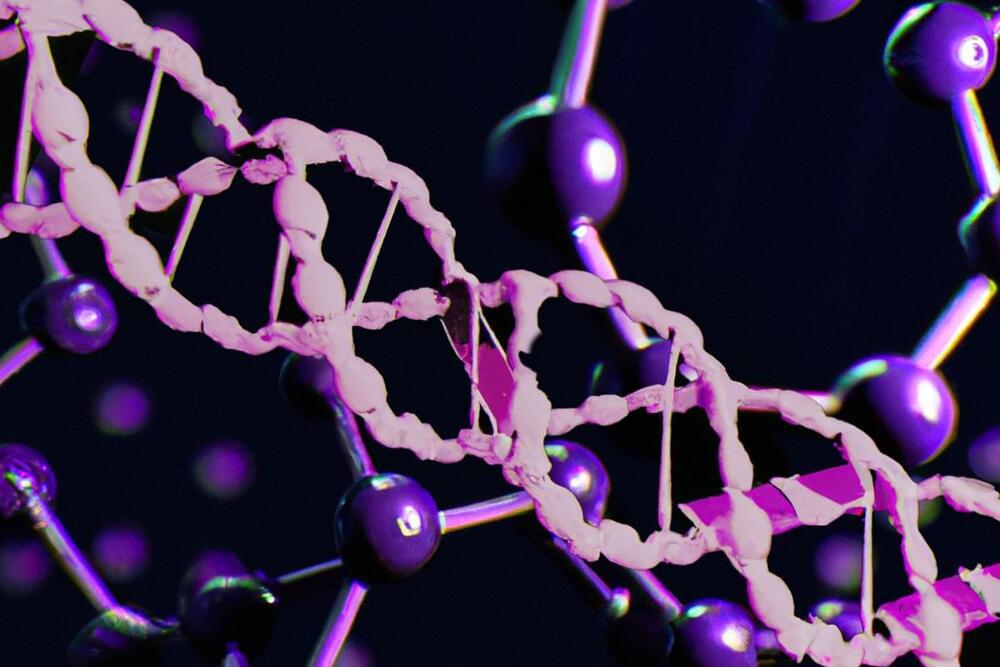May 22, 2023
Perpetual Life Hybrid Party w/ Erik Nelson, presents “Into the World of Longevity Medicine” and “NEW Age Reversal Updated” Presented by Bill Faloon
Posted by Paul Battista in categories: biotech/medical, life extension
Join us at 6:00 pm EST (11:00 pm UTC) for our Perpetual Life Hybrid Party live from our new location at 950 South Cypress Road in Pompano Beach, FL, & socialize with Immortalists from Around the World, hosted by hosted by Tonya Scholz & Rudi Hoffman.
Stay “In Zoom” for our 7:00 pm (12:00 am-midnight UTC) YouTube Streaming Service. This month, we are excited to have two speakers. First, Erik Nelson, Director of Clinical Programs at The Healthy Longevity Clinic, will present “Into the World of Longevity Medicine.”
Second, Bill Faloon: A founder of The Church of Perpetual Life and a leader in the Global Age Reversal movement, Bill will give a NEW Age Reversal Update at this service.


















